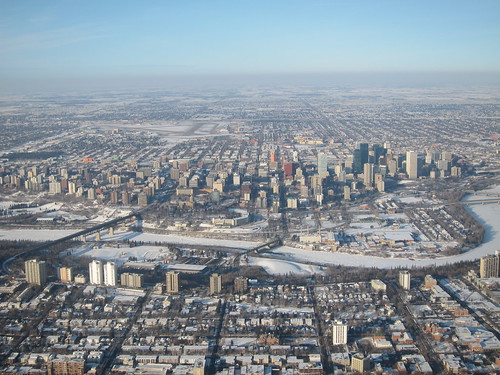The Alberta Liabilities Disclosure Project is raising concerns about changes made to the management of the Orphan Well Association in the recently passed Bill 12: The Liabilities Management Statutes Amendment Act.

While it is good news that orphan wells are finally getting the attention they deserve, critics are questioning why Bill 12 was rushed through the Legislative Assembly during the COVID-19 pandemic.
The bill was introduced by Energy Minister Sonya Savage on March 31 and received Royal Assent on April 2 after limited debate through an expedited legislative process.
Bill 12 included amendments to the Oil and Gas Conservation Act and the Pipeline Act, which Savage argued “provide clarity about the OWA’s mandate, better enabling it to, first, make agreements with producers to help bring sites through closure stages; two, ensure oil and gas resources are not prematurely abandoned; and three, exert more financial control to actually manage the orphan sites.”
During debate in the Legislature, Edmonton-Gold Bar NDP MLA Marlin Schmidt criticized the accelerated passage of a bill dealing with this decades old problem.

“I certainly don’t want to be responsible for leaving a $300 billion bill for my children and grandchildren to have to deal with because we didn’t have the foresight and the fortitude to make the polluters pay when we had the opportunity to do so,” Schmidt said in the Assembly on April 1.
In a press release last week the ALDP expressed concerns that Bill 12 threatens landowner rights by broadening the list of activities companies can carry out on private property without compensation to or consent from the landowner and creates loopholes which effectively transfer landowner compensation to taxpayers, leaving unpaid property taxes being written off in bankruptcy.
The group also expressed concern about political interference in oil well clean-up, with Bill 12 giving the provincial cabinet the power to direct the Orphan Well Association’s work and funding.

“Which wells get prioritized for cleanup should be determined by independent evaluations and public health requirements, not by partisan politics,” said former Calgary-Mountain View Liberal MLA David Swann, who is a member of the ALDP.
“Having Cabinet drive decisions on well cleanup means the OWA could become a slush fund for the government to reward their friends and punish vocal opponents. We can’t let that happen,” Swann said.
Oil well liability became a big issue in Alberta politics in January 2020 when rural municipal politicians raised giant red flags about the estimated $173 million in unpaid municipal taxes as a result of some oil and gas companies nearing insolvency and many more companies just believing paying taxes is voluntary.
Speaking an energy symposium organized by the Canadian Association of Petroleum Producers last week, Premier Jason Kenney described oil well reclamation as “a collective financial liability,” which has raised some concern that the government is creating a dine-and-dash business model – especially with the price of Western Canadian Select hitting record lows.
On March 3, the Alberta government announced a $100-million loan which was expected to fund the decommissioning of 800 to 1,000 orphan wells.
There is currently estimated to be more than 3,700 orphan wells scattered across Alberta and an additional 94,000 inactive wells in the province.
New AER CEO

Stepping right into the middle of the oil well liability issue is Laurie Pushor, who took over as the new Chief Executive Officer of the Alberta Energy Regulator on April 15. Pushor recently served as deputy minister of Energy and Resources in the Saskatchewan government and before that as a ministerial chief of staff, but political watchers in Alberta may remember him from his time in Alberta in the 1980s an 1990s.
Pushor served as executive assistant to Premier Ralph Klein and spent two years as a senior aide to Peter Elzinga, former minister of economic development and was executive assistant to transportation minister Marv Moore in the early 1980s.
He was also the Progressive Conservative candidate in Edmonton-Meadowlark in the 1993 and 1997 elections, where he earned 31 percent and 38 percent of the vote placing second to Liberal MLA Karen Leibovici. He served as president of the local PC Party association in-between those two elections.





